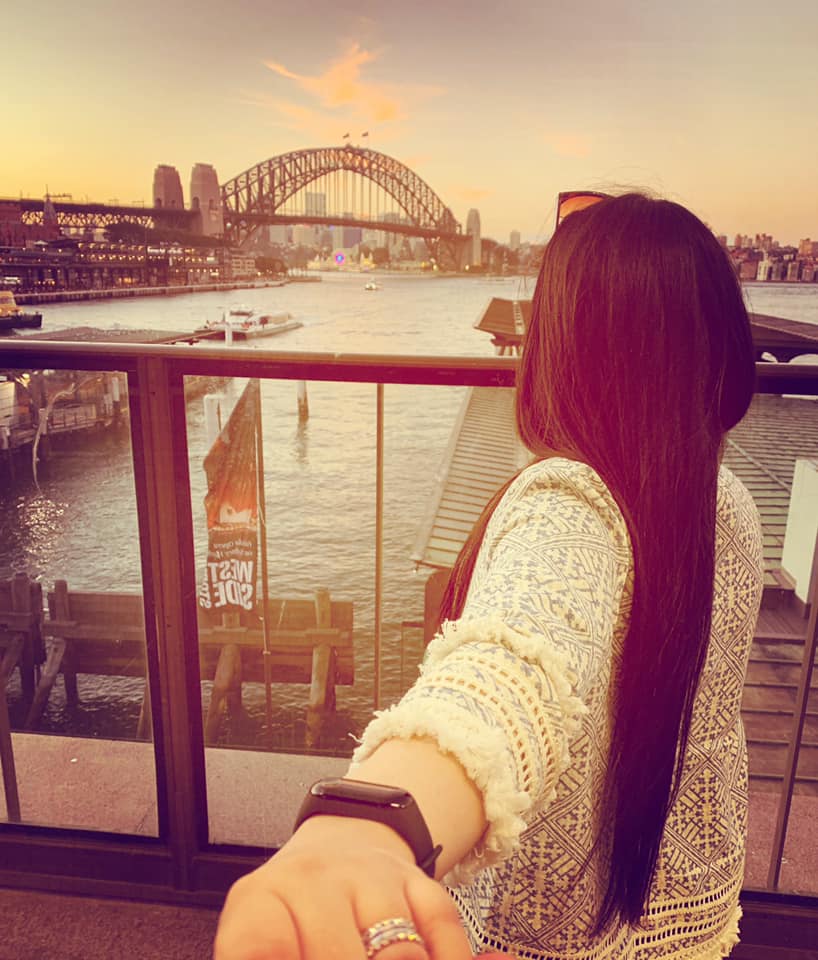“How do you speak that way, aunty?” I asked my paternal aunt, who had just returned to India from the United States, carrying a very different accent from us. Sitting cross-legged in her Prada velvet hoodie, she’s smiling at my innocence. “You pick it up when you start living in foreign lands.” She concluded.
As a little girl, I was quite fascinated by the people who visited my parents’ home from abroad. Particularly because of the way they spoke, which I later identified as the ‘foreign accent’. These were mostly distant relatives who’d moved overseas from India to seek better opportunities. Since I have always been a curious person by nature, I wanted to understand everyone and everything around me. Whenever I met these relatives, I wondered how they had acquired a different tone to their spoken language despite sharing the same ethnicity. And it was only when I moved to Australia some twenty years later did I realise the true meaning and relevance of having an accent. Except that I still haven’t managed to adopt one fully.
You read it right. It’s been three years of my expat life in Australia, but I still haven’t acquired a full-blown Australian accent yet. Initially, it bothered me because I thought I was limiting my chances of blending in with the locals by not having an accent. I might get the label of a pariah and so on. I stressed more than necessary on acquiring the accent (to the extent that I even thought about enrolling myself into an Australian accent course which I was surprised to know fills out really fast), which only resulted in failure. I desperately wanted to have my Aussie accent because I felt I had lived in Australia long enough to have one. The whim could’ve been ignored, but I didn’t ignore it. I followed my curiosity.
With time I discovered how accent could be an indispensable part of your big expat challenges. It is a cue to determine where you are from, but at the same time, I also grasped how rushing to achieve a new accent will only make things worse for you. For one, it will make you look overly pretentious, and you don’t want to scar your image for life.

When my thirst for accent didn’t meet its end goal, I started reading about the structure of accents online, and I came across Amy Lynn Chua’s (also known as the Tiger Mom) beautiful quote, “do you know what a foreign accent is? It’s a sign of bravery.” Bravery! Do you see why she chose to use the big word? Because it does require the strength of a great deal to put your hand in a territory that has been so alien to you all this time. And maybe because I was in a similar boat, her words spoke to me profoundly. Further into my research, I landed on some valuable insights by Karl Quinn in the recently released book- Explain That, where he sums up, ‘there’s nothing inherently correct or incorrect about language- it’s all about the use to which it is put in its community.’ He also adds how the marking lines between Australian-born English speakers and those with Asian backgrounds are blurring out lately, with the latter being more welcomed than ever before as they’re contributing to the ‘rich tapestry of modern English in Australia.’
The more I probed, the more my mind relaxed to the undue pressure I had bowed down it with. I was no longer anxious about talking the way I already do. I no longer felt the need to give a new dimension to my verbal tone forcefully. I also confided in fellow expats who reaffirmed that there’s no definite timeline to when one can change their accent. It comes when you’re not looking for it.

And that’s what I want to tell my other friends who, just like me, might be stressing hard on things that don’t require your energies. Having an accent is a normal phenomenon that will happen organically when you’re not even paying attention to it. You’ll get there in your own sweet time. When it happens, you wouldn’t have to think twice about saying things like ‘mate’, g’day, ‘arvo’, ‘wha’ and cutting the Ts off the end of words because it would come naturally to you. You will start picking and pronouncing certain words a certain way because it will become a gradual part of your system. But till then, hold your horses and speak like the human you’ve always been. Because there lies beauty in being true to yourself.
